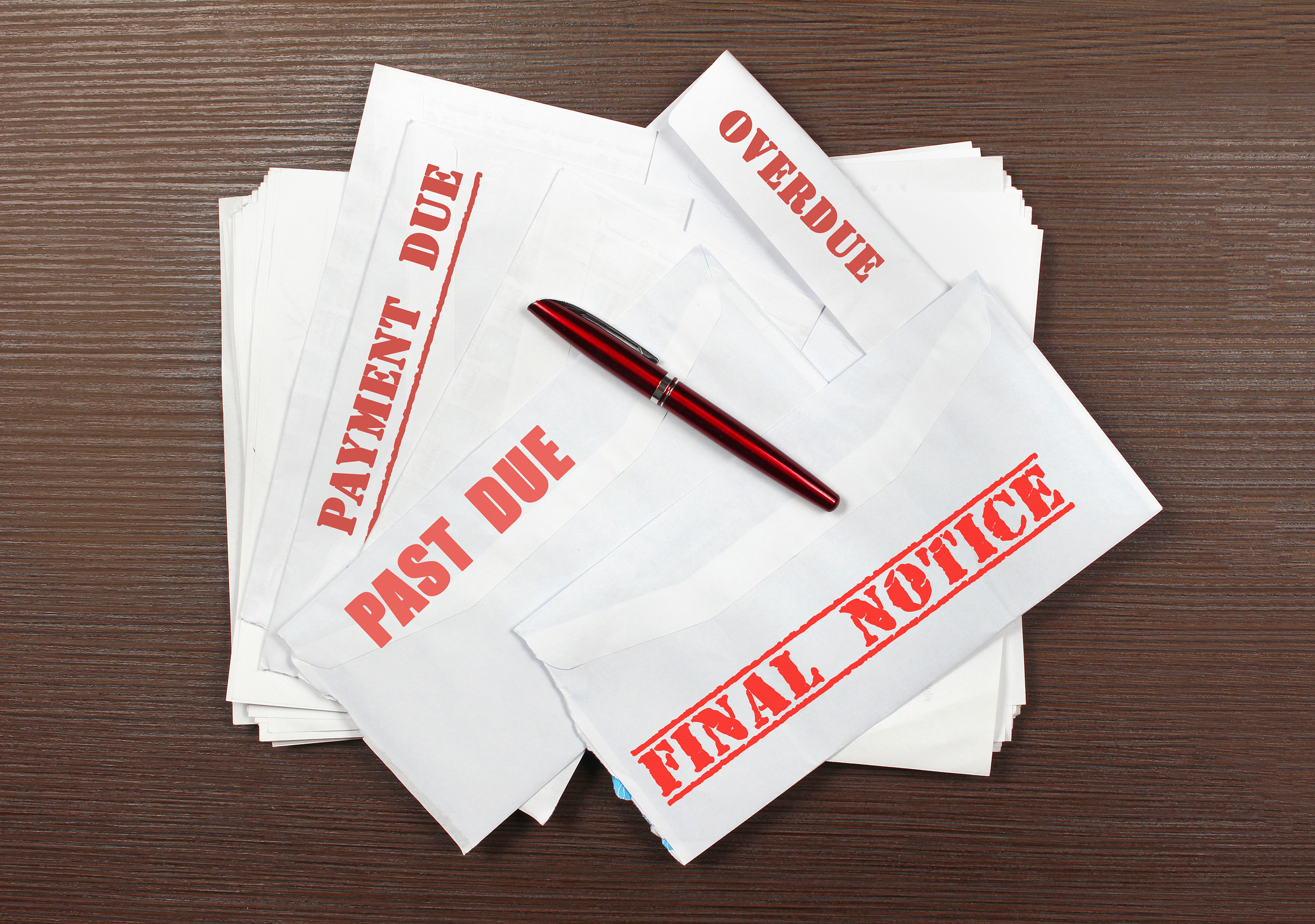Life is busy, and sometimes a bill slips through the shuffle of emails, paper mail, and autopay reminders. Missing one payment may seem like no big deal at first, but it can set off a chain reaction you never saw coming.
Creditors are quick to act, often moving accounts into collection status faster than people expect. Suddenly, that small oversight turns into nonstop phone calls, stern letters, and a mark on your credit report. It feels like tripping on a crack and tumbling straight into financial quicksand.
How Debt Collectors Keep Tabs on You
Once your debt gets handed over, collectors don’t just forget about it. They use databases, credit reports, and even skip-tracing tools to track you down for years. Old debts can pop up when you least expect them, even if you’ve moved cities or changed phone numbers. It’s less like a bill and more like a shadow that follows you everywhere. That persistence is why so many people feel like a single slip can haunt them for life.
The Statute of Limitations: Your Lifeline or Trapdoor?
Every state has a statute of limitations on debt, usually ranging from three to ten years. This sets the window when collectors can sue you for repayment, but it doesn’t erase the debt itself. Once that time expires, they can’t drag you into court, but they can still call, send letters, and remind you it exists. Here’s the catch: making a payment or even acknowledging the debt can reset that clock. What feels like a fresh start might actually rewind the countdown.
Credit Reports and the Seven-Year Rule
Credit reporting has its own set of rules separate from legal collection timelines. Most negative marks, including collections, stay on a credit report for up to seven years. This means a single missed bill can damage your ability to get loans, rent apartments, or even land certain jobs. While the debt may no longer be legally enforceable after the statute runs out, its stain on your credit lingers. The result is a long-lasting reminder that even one oversight can echo for nearly a decade.
Zombie Debt: When Old Bills Rise Again
Debt collectors are known for buying and selling old debts, sometimes for pennies on the dollar. These debts often resurface long after the original due date, earning the nickname “zombie debt.” A person may think an old bill is long gone only to have it resold and come back alive in a new collection attempt. The scarier part is many collectors count on confusion to pressure people into paying. Without knowing your rights, you may accidentally breathe new life into something that should have stayed buried.
The Emotional Toll of Collections
Beyond the financial impact, debt collection takes a serious emotional toll. The constant calls, letters, and reminders wear down confidence and peace of mind. People often feel ashamed, anxious, or even fearful of answering the phone. The weight of knowing an old bill still lingers can create long-term stress. In many ways, the mental strain of debt feels heavier than the money owed.
Can a Single Bill Really Stick for Life?
Technically, debt doesn’t last forever in a legal sense. Statutes of limitations eventually cut off lawsuits, and credit reports eventually clear. But in practice, debts can reappear in cycles for as long as collectors find them valuable to chase. A single missed bill can stay in circulation for decades, morphing into zombie debt every time it’s resold. While it’s not eternal in the strictest sense, it can feel like financial immortality.
What You Can Do If You’re Being Chased
Knowing your rights is the best shield against aggressive collections. The Fair Debt Collection Practices Act limits how and when collectors can contact you. You have the right to demand written proof, dispute inaccuracies, and block harassment. Staying informed can turn the tide and stop debt from running your life. Even one letter sent to a collector can change the entire balance of power.
Why Prevention Is the Real Power Move
The best defense is making sure a single bill never snowballs into long-term chaos. Setting up reminders, autopay, or even using budgeting apps can keep small oversights from happening. Prevention saves not just money but also stress, time, and mental energy. It’s easier to manage bills on the front end than fight debt collectors on the back end. A little attention now means peace of mind for years to come.
Don’t Let One Bill Define You
A single missed bill doesn’t have to shape your financial story forever. Yes, debts can linger, resurface, and weigh heavily, but laws and timelines give you room to fight back. Understanding how collections work is the first step toward taking control. Stay proactive, protect your credit, and don’t let fear keep you from standing your ground.
What are your thoughts—have you ever faced the ripple effects of one missed payment? Share your experience below.
You May Also Like…
- 5 Legal Loopholes That Let Debt Collectors Keep Chasing for Decades
- Why Online Payment Apps Are Delaying Inheritance Transfers
- Could Lending a Friend Just $500 Destroy Your Credit Score
- 8 Borrowing Practices That Regulators Are Now Investigating
- How Influencer “Finance Gurus” Misleadingly Promote BNPL


